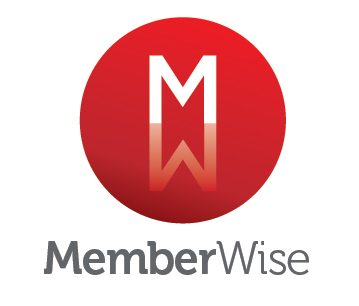Membership Organisations are becoming more astute at managing their domestic payments and receipts as more and more payment types are introduced and automation becomes easier.
However, whilst international solutions are catching up with domestic capability, Organisations should be aware of the costs they are currently incurring when collecting membership, exam and sundry fees and paying and receiving money from suppliers and members internationally. Modern solutions to save costs and improve automation exist but care is needed when choosing the right one for the Organisation.
What should Membership Organisation’s consider?
Aspects worth review when making or receiving payments internationally, cover member experience, costs, and efficiency:
Member experience – attracting international members to your organisation may be part of your core strategy, or something you feel must be supported to allow members who have moved overseas but still wish to retain their membership. The former should lead you to consider what experience do you wish to provide to these members: should they be offered payment in their local currency, either by fixing your fee tariff up front, or at a more dynamic rate close to the time of payment due date? What payment types should you offer? – options now exist to use solutions significantly cheaper than traditional Bank methods. By moving closer to the member experience in their domestic location the more likely members are to feel they are valued.
The same principle exists for international suppliers and members – by moving away from GBP only, cost savings and improved relationships can be made for both parties.
Costs – several elements make up the costs in processing a payment internationally in addition to the core costs from your Bank or Payment Services Provider (PSP), for executing the cross-border transaction. These include your own processing costs, the decision in whether to pay/collect in domestic currency (eg GBP) of allow other currencies to be used, the payment type used, or made available to payers.
To give a measure of where opportunities lie, a standard Bank payment for £200 could easily result in costs of £27, covering the mix of Bank costs to member and the Organisation, intermediary bank deductions and the FX spread. Costs and deductions could be £6 or more each, and the FX spread in the region of 3%. This might rise to £81 for a payment of £2000.
Efficiency – the best solution for both the member and Organisation is for this payment to be automated requiring little initial execution and reconciliation when payments are received. Can a member pay you easily, or do they have to visit their Bank? Are payment instructions clear enough and should you use a solution that guarantees the principal amount is untouched?
The Opportunity
Review all international payments and receipts and review opportunities to use:
- Alternate International payments/ FX providers to traditional banks. They are usually cheaper, but do they have the reach and they add another relationship to manage,
- Local payment solutions in countries/ currencies you have volume transactions,
- Card – Card payments offer greater opportunity for automation eg through using payment links, but international cards cost more than domestic and the FX rate should be considered as well.
- This is good solution for consumers but may not be available for suppliers and business members.
Summary
Today’s cross border payment solutions offer Member Organisations the opportunity to save costs, improve efficiency and member experience. To what extent your Organisation can benefit will depend on the value and volume of payments made overseas is today, and how strategically important your international based members and suppliers are and the operational efficiency of chosen solutions.
Payments For Business provides consultancy & advice covering payments and cash management.
Contact: Steve Pairman at [email protected] or 0776 876 8113 for further information.










Leave A Comment